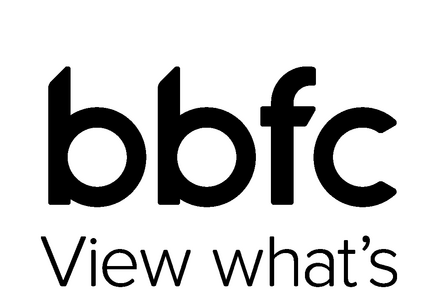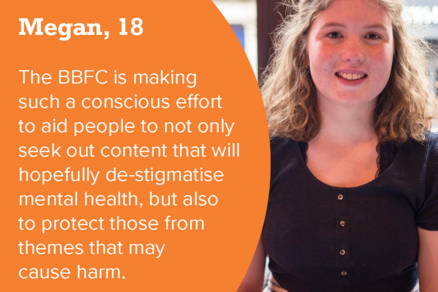BBFC Compliance Managers, alongside Lord Kamlesh Patel, take a deep dive into the organisation’s latest research
Research asked people, including those who have been directly affected, their views into the classification of such scenes, in both modern and older content.
BBFC has also published an infographic summing up the research
Today, The British Board of Film Classification (BBFC) has released a new podcast which takes a deep dive into the organisation's latest research on discrimination, including racism, in films and TV shows.
In the podcast, BBFC Compliance Managers, alongside special guest Lord Kamlesh Patel, BBFC Vice President, discuss the research findings in more depth and talk about the tangible changes the organisation is taking when it comes to classifying discrimination in both older and modern content.
Chris Davies, BBFC Compliance Manager and who features on the podcast, said: “A really interesting finding from this research is that some people - particularly parents - fall into two distinct groups: protectors and preparers. Protectors want to shield their children for as long as possible, but preparers want to use films and TV shows as teachable moments, to prepare them for what might happen in life. It’s our job to provide appropriate age ratings and content warnings, so that parents can choose well for their family.”
The BBFC has also published an infographic displaying the new research findings to accompany the podcast, to explain the findings in a digestible and accessible way.
Lord Kamlesh Patel, BBFC Vice President and podcast guest, said: “Discrimination is an important topic, especially now, in light of numerous troubling events and the work of different organisations seeking to raise awareness and affect positive change. That’s why we wanted to speak directly to people who have first-hand experience; it’s important to listen to minority groups, and give valuable time to their opinions. We must be conscious of what might be deeply offensive among smaller groups or what might cause harm.”
The key findings of the research showed:
People don't think that older films and TV shows necessarily need higher age ratings if they contain outdated behaviour or language, but they want to be warned about potentially offensive behaviour or portrayals.
People understand that some older films and TV shows are a ‘product of their time’, but it’s clear that attitudes have shifted over the years.
The findings showed the ‘n word’ should typically not be classified lower than 12A/12.
Listen to the podcast on Soundcloud
BBFC Discrimination research
Our new research into racism and discrimination in films and TV shows

